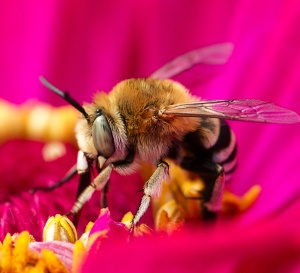It’s not unusual for people to think that an outcome was inevitable after the fact, a phenomenon known as “hindsight bias”. This remains the case even when test subjects are instructed to ignore their knowledge of the outcome and rate the likeliness of several possible outcomes. Once an outcome is known, people tend to see causal links in antecedents (the events preceding the outcome); this builds into a causal chain that makes the outcome seem an inevitable consequence of the antecedents. Studies have shown that, in addition to constructing such links, people also tend to exercise selective memory, preferentially remembering details that are consistent with the seemingly inevitable outcome. Linda Carli (of Wellesley College) conducted a study extending these findings even further. She found that people will “misremember” additional antecedents that are stereotypically associated with a given outcome; these novel memories reinforce the hindsight bias – their perception that the outcome is inevitable – which affects their judgement of the behaviour and character of the individuals involved. These findings shed light on how & why we judge that people “get what they deserve”, often over-simplistically attributing credit for success and unfairly blaming victims. Continue reading →
 Several years ago, scientists published an excellent study about how desert ants find their way home after foraging. The story got a lot of media attention; unfortunately, much of the coverage described the ants “counting steps”, which isn’t what the researchers reported and feeds into existing myths rather than broadening our scope. To explain what I think is wrong with that approach, I’m going to tell you a story about ants on stilts, body swapping and how we perceive space. Continue reading
Several years ago, scientists published an excellent study about how desert ants find their way home after foraging. The story got a lot of media attention; unfortunately, much of the coverage described the ants “counting steps”, which isn’t what the researchers reported and feeds into existing myths rather than broadening our scope. To explain what I think is wrong with that approach, I’m going to tell you a story about ants on stilts, body swapping and how we perceive space. Continue reading 



You must be logged in to post a comment.